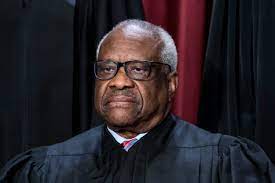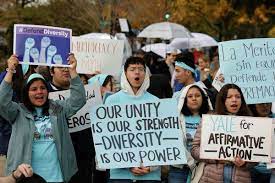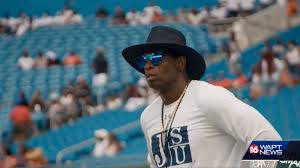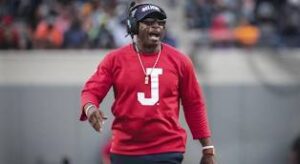I have been around Black folks long enough to realize that few things divide us, like political matters. One only needs to revisit the historic election of Barack Hussein Obama to the Oval Office for verification of how Black folks can split over political issues. Despite the revisionist tales of Obama’s victory, not even his ascension to the highest office in the land garnered the full support of Blacks, particularly Black men.
Then it was Obama; today, Kamala Harris divides my people. For clarity, please let me elaborate on who I am talking about when I say my people. The Blacks I am referring to are encapsulated by at least one of the following.
- Non-wealthy/economically elite
- They live paycheck to paycheck.
- There has been some entanglement, directly or indirectly, with the justice system.
If any of the above represents you, it is nice to meet you, cousin.
Anyone versed in the lengthy history of Race in America is unsurprised that Black folks’ foremost issue with Kamala Harris revolves around her racial identity. Racial issues dividing Blacks in a white world is ironic. My folks railing against Kamala appear to have remixed Kendrick Lamar’s recent hit Not Like Us into a wicked Kamala diss track titled She Not Like Us.
Although there is no logical room to argue against assertions that Kamala is technically not “Black.” If being a descendant of previously enslaved Americans is your definition of blackness, Kamala does not meet that standard. I pray that after the euphoric high from such an inconsequential win, Kamala’s opponents realize that their political victory is the equivalent of worthless fool’s gold destined to lead them down an unproductive path. Those who previously sat at a crossroads of racial identity, loyalty, politics, and priorities can tell you that reliance on racial identity as a guide for political decisions inevitably ends in frustration and failure. History teaches us that racial identity is an unreliable indicator of political priorities. Lest we forget that racial allegiance played a significant part in some Black’s support of Clarence Thomas’ bid for a seat on the U.S. Supreme Court, an appointment that has haunted Black America for the past thirty-three years.
This brief essay is less about soliciting support for Kamala Harris and more about directing my people to weigh political candidates on their political positions. Many of my relatives have issued intense vitriol toward Kamala Harris due to her lack of blackness and allowed that to overshadow the undeniable dangers presented by her political opponent. Ignoring Donald Trump’s political platform on matters such as promised complete immunity for law enforcement officers due to Kamala Harris’ lack of blackness promises long-term harm for my kin when one considers their frequent interactions with marauding police officers. If my people who have had repeated run-ins with law enforcement officers, and you know who you are, were looking at this political season through a lens focused on political priorities that should matter to you, you would undoubtedly support Kamala (not Black enough for you) Harris over the alternative.
It is time my people took an introductory identity political course focused on understanding political and economic interests. For the life of me, I cannot understand how my people allow such a juvenile matter as Kamala Harris’ racial identity to block their view of a bigger picture of worker rights, pay, the ability to unionize, and paths to a middle-class existence.
But I guess that your crazy asses can continue down a familiar path that never benefits you. As you consider casting your vote this political season, please remember the old saying, “If you do what you always did, you will get what you always got.”
Dr. James Thomas Jones III
© Manhood, Race, and Culture 2024.
I thank you and appreciate you visiting Manhood, Race, and Culture.











